I’m certainly no stranger to the peckish mood we occasionally fall into when all we seek out high fat and high-sugar snacks. In fact, whenever exams come cropping up, you’re more than likely to find me stuffing my face while hunched over my dimly lit desk at 2:00 am. Such is the college student life.
But before you follow down the path of my admittedly shameful coping mechanism for studying, take a read through this article about some common reasons for your food cravings.
Thirst

Photo by Hana Dibe
Check in with your thirst before all else. Sometimes, thirst and hunger can be confused. When you feel that first pang of hunger, reach for a glass of water first. If 15 minutes pass without your stomach relenting in its gurgling cry for food, then it probably really is a hunger thing.
Boredom

Photo by Hana Dibe
Many instances of food cravings happen when you simply have nothing else to do but to chow down. This is tricky because it’s so easy to just grab a bag of chips from your pantry and spend the rest of the evening immobile on the couch with Netflix running your favourite TV series.
In these situations, I would suggest popping in a stick of gum to distract from food.
Sleep-deprivation
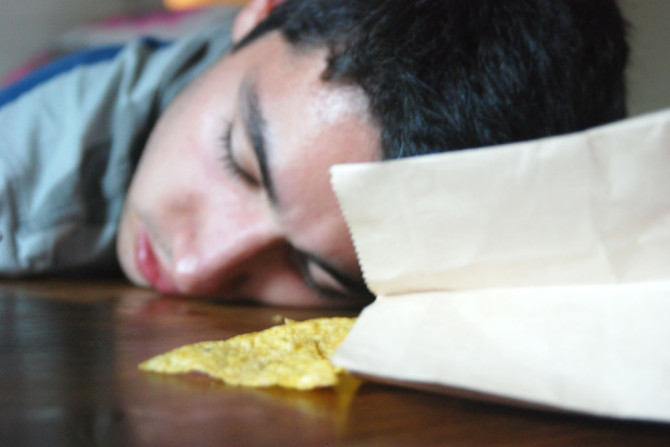
Photo by Judy Holtz
Apart from irritability and difficulty focusing, sleep deprivation also influences your appetite. You’ll be feeling those munchies until you get your sleep schedule back on track. That’s courtesy of both a drop in leptin and increase in ghrelin, both of which are hormone regulators of hunger.
Stress
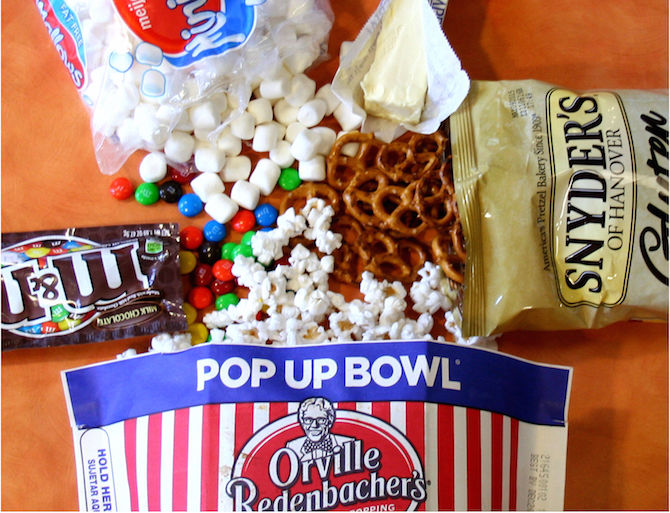
Photo by Benj Shapiro
Stressful situations have us reaching for bags of chips sometimes. That’s because we tend to crave carbs (and also fats and sugars) as it boosts our serotonin levels, a neurotransmitter that induces calmness.
Deficiency
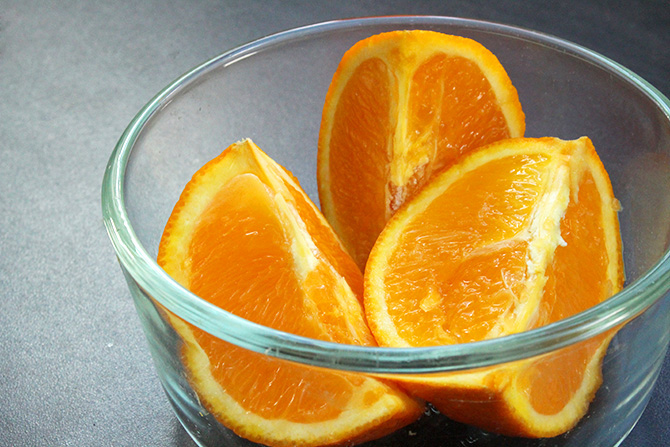
Photo by Marlee Goldman
You may have heard that your body is able to tell you about deficiencies based on what you’re craving. For instance, there’s the common saying that chocolate cravings means a magnesium deficiency.
A study showed that people put on nutritionally balanced shakes craved foods more than when they were on their regular diet. This suggests that cravings are more psychological than biological. The culprit may be our reward centre eliciting these cravings, which segues into the next part about…
Conditioned
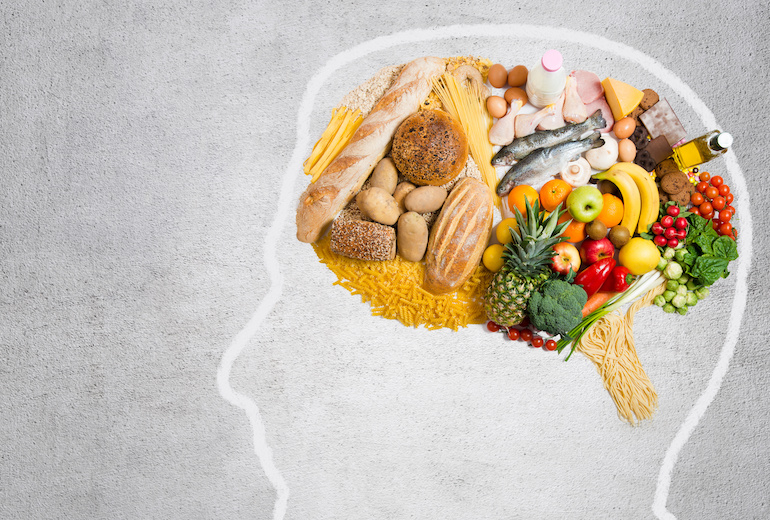
Photo courtesy of drsearswellnessinstitute.org
In a way, we are conditioned to crave food based on our past memories and sensory cues associated with a certain food. Remember Pavlov? I guess we’re the dog. Based on specific parts of our brain—the hippocampus, caudate, and insula—that make positive associations between memories, emotions, and food, we might crave food from just visualizing it or smelling it.
Guilty Pleasures
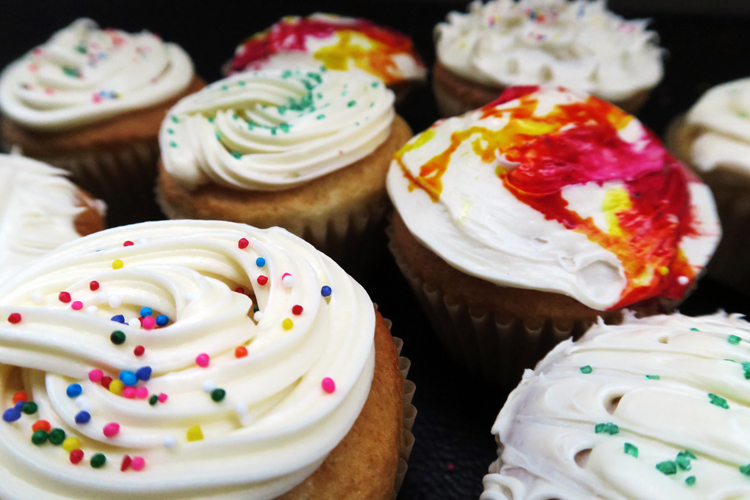
Photo by Julia Wigdor
Yes, we all have the cravings where you just want to take a big bite out of a fudgy, cavity-inducing brownie. Again, remember the conditioned craving, as it is likely behind your guilty pleasure cravings.
When you’re feeling these particular cravings rearing their ugly heads, keep in mind that portions make all the difference. Go for a slice of that decadent chocolate cake you’ve been eying or the greasy fries just waiting to be gobbled up. If you’re afraid of over-indulging, give yourself a small portion to satisfy those cravings.
Don’t try for an alternative to your craving. The fact that you’re craving a particular food means that your alternative won’t satisfy your craving. You’ll end up eating the alternative and what you’re actually craving in the end. Just listen to what your brain is telling you to eat.
Congratulations, you made it to the end of this article (hopefully) without having a craving start up! If you did and acted on it, no one will be the wiser. You did read the word craving more times than probably necessary. Crave on!


